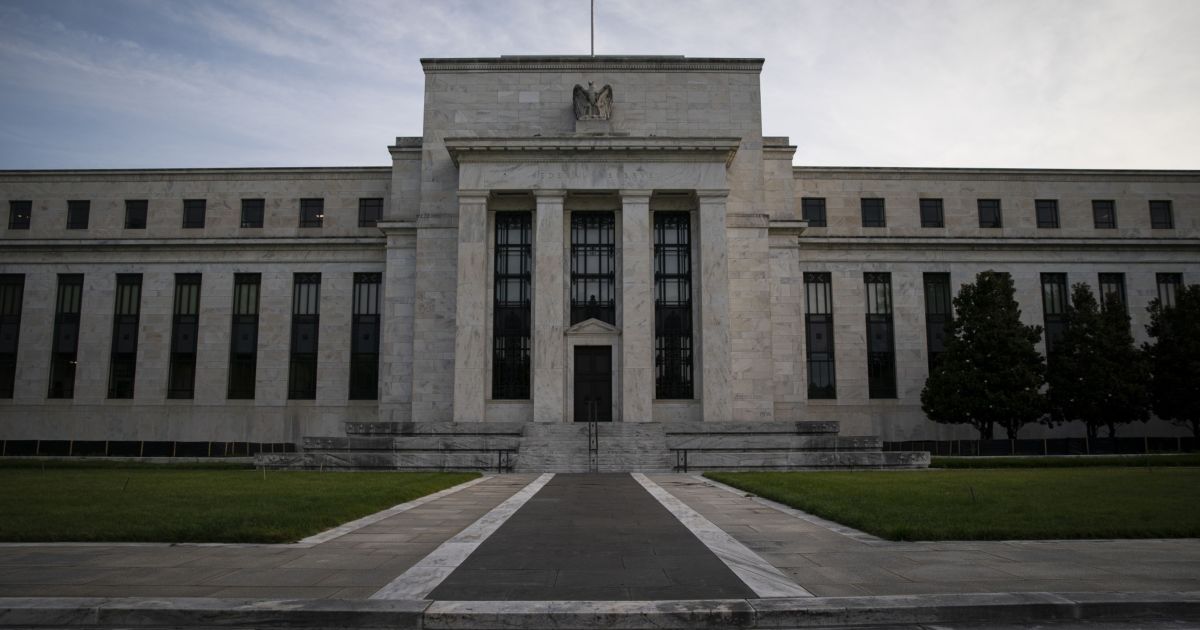Palestinians voted for a democracy
The overwhelming victory of Mahmoud Abbas in Sunday’s election shows that Palestinians want to reform their government and reach a compromise settlement with the Israeli state through negotiations, rather than continued bloodshed and a policy based on enmity and hate-filled rhetoric.
Abbas is a man who has spoken out firmly against violence and his past record testifies to his ability of striking a compromise deal with the Israelis. Should he survive the tough task of reining in the powerful armed groups on the one hand and on the other if he can find a counterpart with sufficient political will in Israel, further compromises could be in the pipeline.
Hamas has already declared its position that it would not cooperate with the Abbas government and would remain loyal to the “right to resist” faction. So far, neither Palestinians nor Israelis have shown any signs of compromise on the fundamental issues behind their decades of conflict, but there are, nevertheless, some factors that make us believe there is a new climate suitable for a peace deal that should not be missed.
Firstly, the election of Abbas is a great plus towards a peaceful resolution. The outcome of the poll underlines the fact that Palestinians have clearly made a choice in favor of a political settlement for the Israeli-Palestinian people. At least the election of pragmatist Abbas in Palestine has outgunned Sharon’s objection to any dialogue with the Palestinian leadership.
Secondly, the Bush administration in Washington has come out of the election victoriously. This is the second term of Bush, therefore he has no hope of further re-election. He could, therefore, make bold decisions that is a must for any peace to be achieved in the Middle East. A further equally important factor is the decision of the dove-like Labor Party to unite with Sharon’s government of hawks. Inclusion of a veteran statesman like Shimon Peres in the Sharon government, we hope, would moderate the hawkish outbursts of the Israeli premier.
Knowing of the difficulties ahead Abbas declared after his election to succeed the late Yasser Arafat that it had become clear that, "Victory is beautiful — but it will be even more beautiful to fulfill all our pledges."
Indeed, the manner in which he brings to heel the armed Palestinian groups will be instrumental in the success of any new peace process to be initiated in the period ahead. If Sharon continues his current policy of active engagement, how would Abbas bring under control the militant groups — including Hamas — who have been defending the fact that they are just exercising their “right to resist.”
It has been a difficult decision — even more difficult in our region — to differentiate between what is a “fight for freedom” and what is “terrorism.” A resistance using every possible method to attack a Nazi Germany could be considered a “noble resistance movement,” while Iraqi rebels opposing occupation of their country are perceived by us all as terrorists.
Even momentarily could we allow anyone to portray as a “terrorist campaign” the Turkish war of liberation that started as a resistance movement against the occupying forces and for the most part was guerilla warfare?
The Algerian rebels battling the French occupation were considered as terrorists as well, but today they are the heroes of the Algerian people: But by the same token, how could the right to resist occupation or tyranny be denied to a people?
There ought to be a line somewhere between a legitimate resistance and a terrorist campaign against a government, a foreign state or an occupying force. The free world must abandon all its rhetoric, sit down together and develop a clear-cut definition that binds us all on this fundamental issue.



